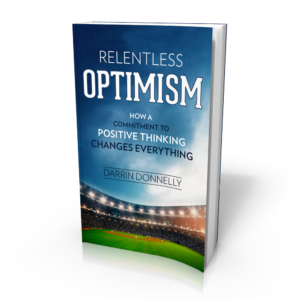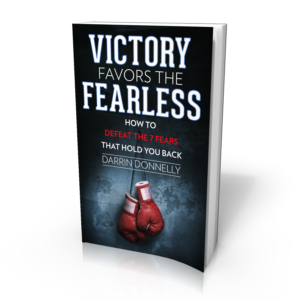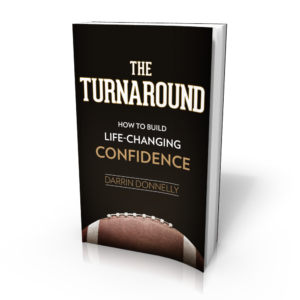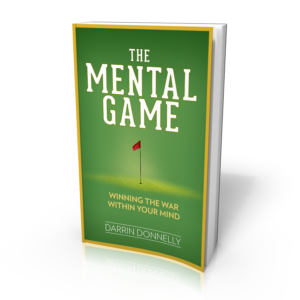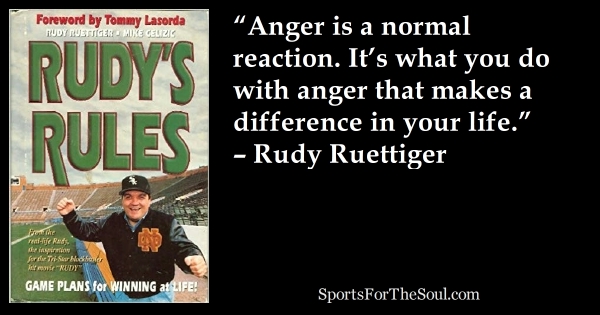 I write a lot about the positive emotions of optimism, grit, courage, and faith—essential factors that drive any person, team, or organization to success and happiness.
I write a lot about the positive emotions of optimism, grit, courage, and faith—essential factors that drive any person, team, or organization to success and happiness.
One powerful emotion that isn’t often thought of as “positive” is anger. I think this is because we tend to associate “positive thinking” with happy-go-lucky people who are smiling all the time as they skip their way through life. As you know from my books and articles about positive thinking, such a stereotype is based on a misunderstanding of what positive thinking actually is.
The truth is, anger is a powerful emotion that can be used as the fuel to achieve positive things in life. We see this all the time in sports, business, and society at large.
Dan “Rudy” Ruettiger is the most famous walk-on in the history of college sports and his life story shows what a positive force anger can be when it’s used correctly.
Growing up, Rudy’s dream was to play football for his favorite college team: Notre Dame. But when he graduated high school at 5-foot-6 and 165 pounds with below-average grades, he was told by everyone that attending college (and, most especially, playing college football at Notre Dame) was not in his future. He listened to the naysayers and spent two years in the Navy and two years working at a power plant.
But Rudy’s dream wouldn’t die and the more he talked about it with friends and coworkers, the more he was laughed at and told how crazy and unrealistic his dream was.
Getting laughed at for revealing your innermost dreams and aspirations would make anyone angry. Rudy could have swallowed this anger and let it turn into bitterness and depression as he quit on his dream.
Instead, Rudy chose to harness his anger and use it as the fuel to make his dream a reality…
Direct your anger toward a goal.
Anyone who says you should never get angry doesn’t understand the positive side of anger. They only see the awful destruction anger causes in those who don’t have a goal. These are people who have given up. They have quit on life and on themselves. Everyone has a purpose, it’s just a matter of finding it.
The power of positive anger can be found almost everywhere that people have been told they can’t do something or have had their noses rubbed in their own failures. It’s a huge factor in sports, with new stories almost daily about people who have risen up to show that they’re better than what the critics say; about overmatched teams that have been embarrassed only to come back and play better than anyone ever thought they could.
From anger comes determination, comes triumph, and in sports we see it all the time. It’s one of the reasons we find sports so compelling. The drama and emotions take place right out in front of us.
The patriots who started the American Revolution were moved to action because the British ticked them off. The French Revolution caught fire because the ruling aristocrats ticked off the common man. The American labor movement began because workers had taken enough and weren’t going to take anymore.
Anger was the fuel. What happened then depended on a goal—on leadership.
Some people make fun of teams that talk of themselves as families, but some people make fun of everything. Don’t listen to them. Teams that win are families. When one member suffers, they all suffer. Their anger comes from the love they feel for one another.
Anger is a normal reaction. It’s what you do with anger that makes a difference in your life.
— Rudy Ruettiger, from his book Rudy’s Insights for Winning in Life
Ruettiger did go on to make his dream of attending and playing football at Notre Dame a reality. His inspirational story was captured in the hit movie, Rudy.
Rudy says one of the keys to making his dream come true was taking the anger he felt from being laughed at by naysayers and using it as motivation to never give up.
It’s not “bad” to be angry. Anger is a normal emotional response to injustice, meanness, humiliation, and disappointment.
Anger isn’t positive or negative in itself. It’s how you direct your anger that makes the difference.
When anger is directed inward, it can create stress, bitterness, and depression. When anger is directed outward, it can be the powerful fuel that propels you to a worthy goal.
Anger isn’t something that should be suppressed; it’s something that should be harnessed and used to create positive change.


